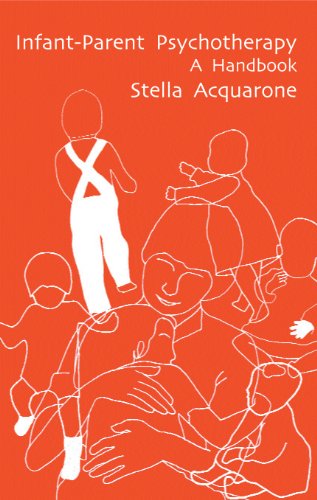Sublime
An inspiration engine for ideas
Oscar doesn’t know it, but he harbors decades of resentment and anger because his parents have seldom noticed, validated or responded to any of his feelings or emotional needs.
Jonice Webb • Running on Empty No More: Transform Your Relationships with Your Partner, Your Parents & Your Children


This last phrase is interesting given the comment by pediatrician and psychoanalyst D. W. Winnicott, who said that the mother “holds the child’s bits together.” She is his glue, his container. When the mother is really there, lovingly holding the child, it gives the child something to hold on to. Ultimately, that is the mother’s heart.
Jasmin Lee Cori MS LPC • The Emotionally Absent Mother: A Guide to Self-Healing and Getting the Love You Missed
Children become attached to whoever functions as their primary caregiver. But the nature of that attachment—whether it is secure or insecure—makes a huge difference over the course of a child’s life. Secure attachment develops when caregiving includes emotional attunement. Attunement starts at the most subtle physical levels of interaction between
... See moreBessel van der Kolk • The Body Keeps the Score: Brain, Mind, and Body in the Healing of Trauma
Though crestfallen that my adoptive dad abandoned me, I didn’t want to hurt Mom. I didn’t want to hurt. I’d long associated despair with relocation—in my mind they had become interlaced. And so, deep down, I feared that if I expressed sorrow, it would lead to a placement into yet another family.
Rob Henderson • Troubled: A Memoir of Foster Care, Family, and Social Class
Usually, the child sets out on a journey to earn love from others. They become enormously eager to please and cannot say no. They are frequent targets of abuse by others because they’re so desperate for approval and have no one to report abuse to.
Adam Smith • Slaying Your Fear: A guide for people who grapple with insecurity
If you feel safe and loved, your brain becomes specialized in exploration, play, and cooperation; if you are frightened and unwanted, it specializes in managing feelings of fear and abandonment.
Bessel van der Kolk • The Body Keeps the Score: Brain, Mind, and Body in the Healing of Trauma
A child has a mood—he or she wants to play, or stay in the room, or be loony. The grownups have bigger moods. The abusive, or depressed, or alcoholic, or workaholic, or crazy parent has an enormous mood, and it is the only mood that counts. The children and the other parent have to adapt to that big mood, serve it, cater to it, sacrifice their mood
... See more